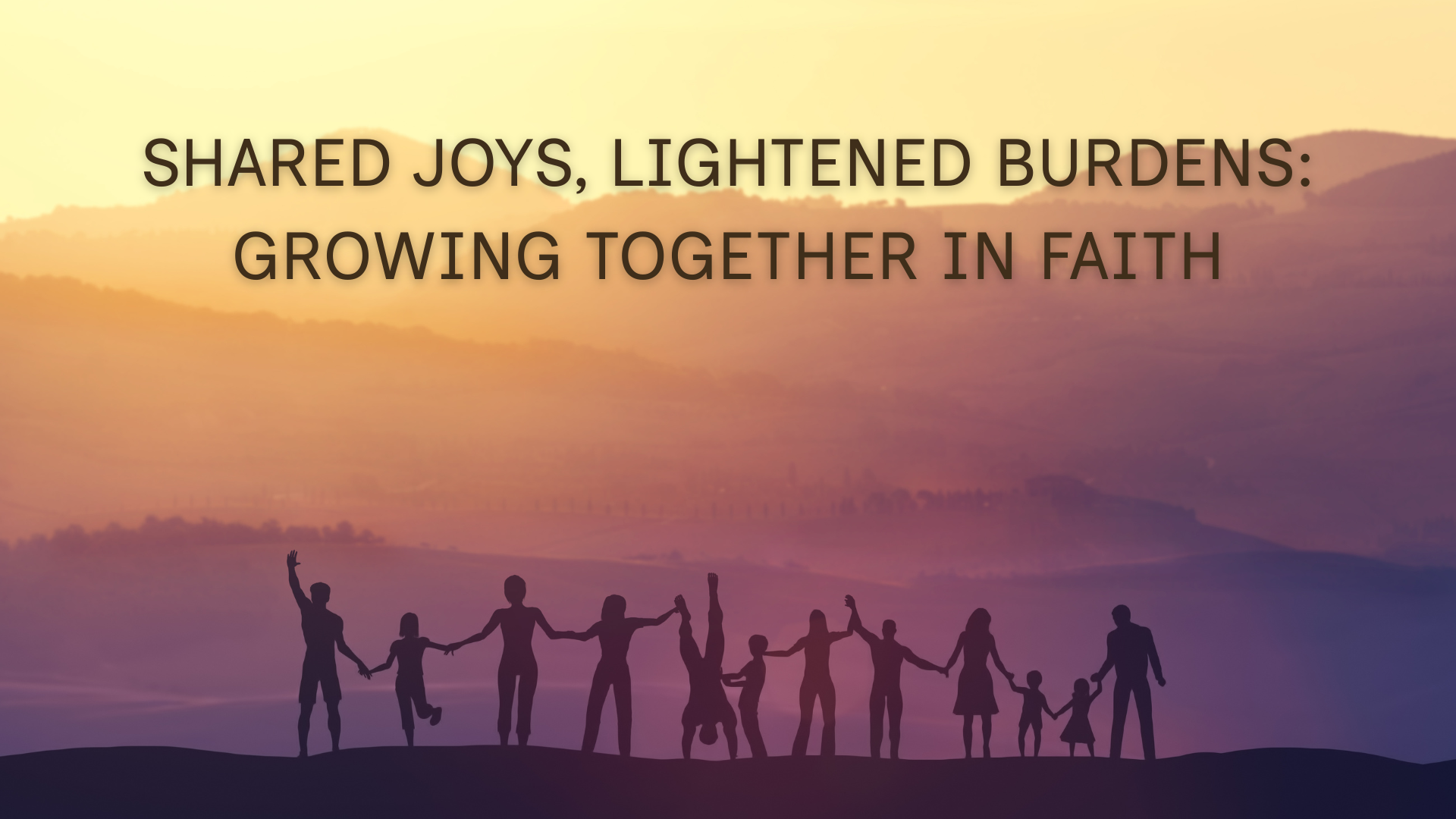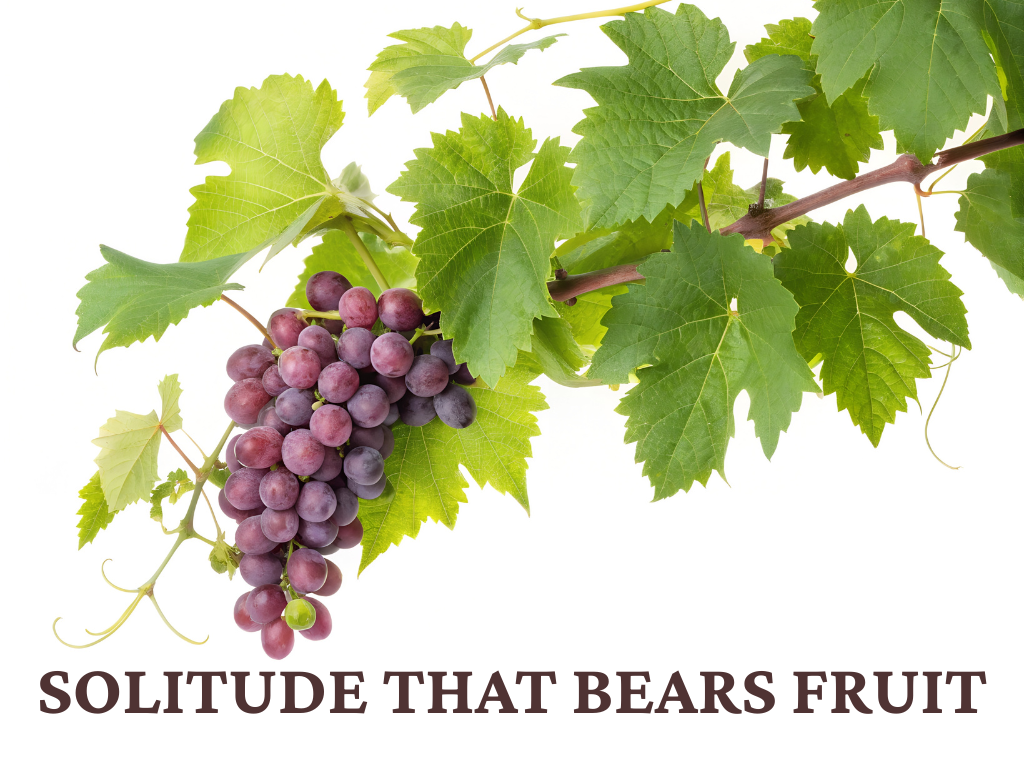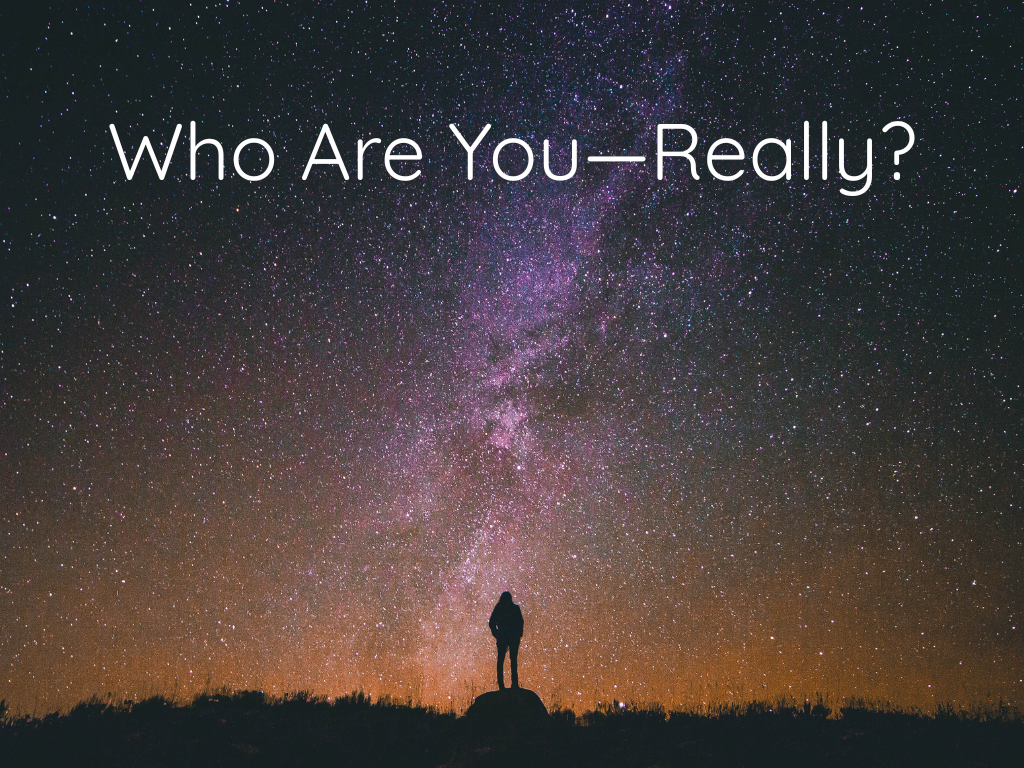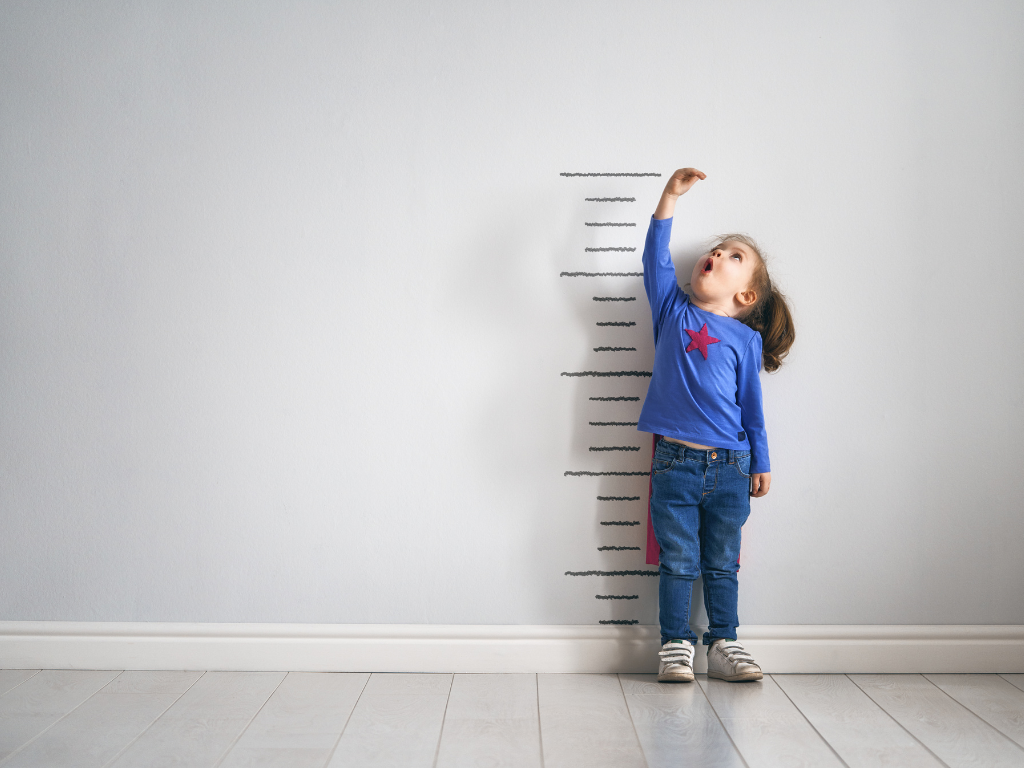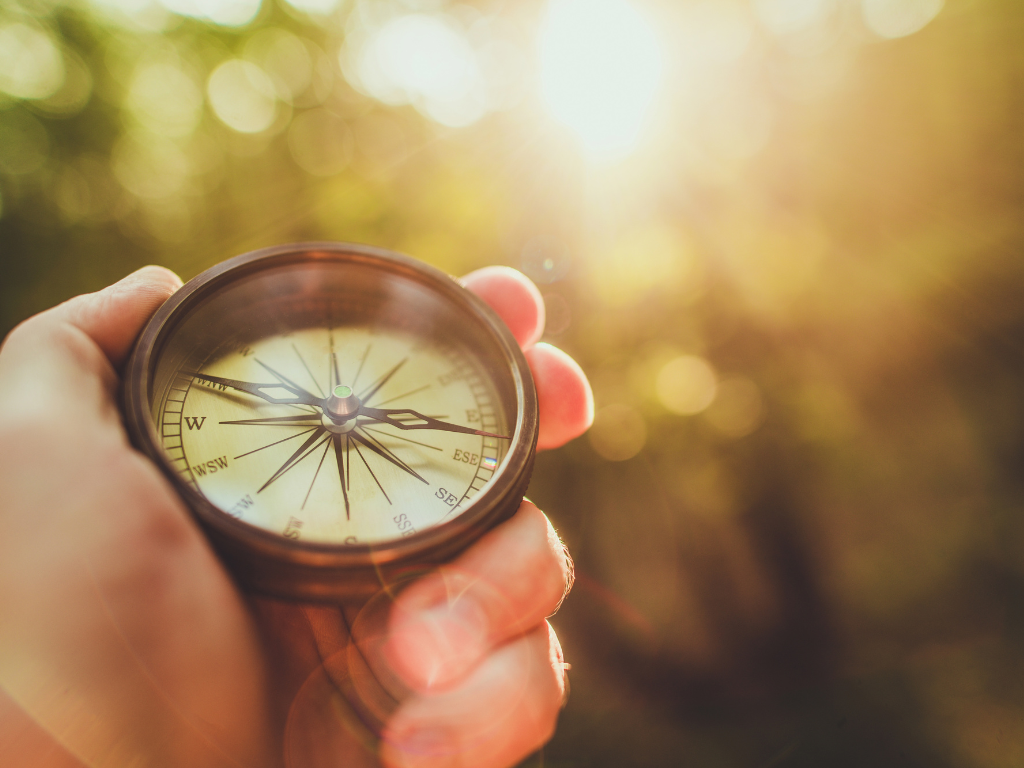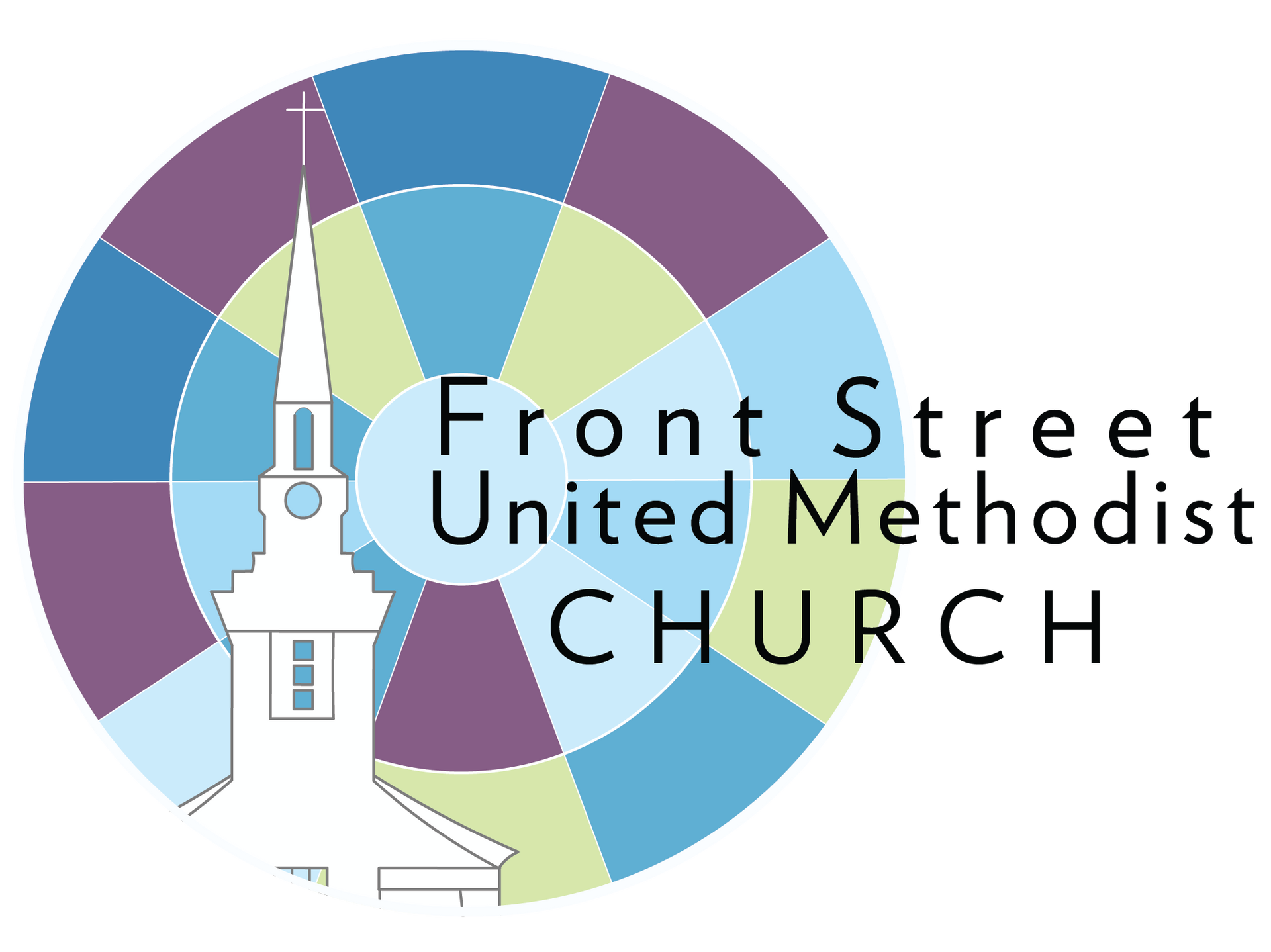Boatloads of Shame
Read Genesis 2:15–3:7
One of my favorite songs by The Avett Brothers is “Shame.” The chorus goes something like this: “Shame, boatloads of shame / Day after day, more of the same. / Blame, please lift it off / Please take it off, please make it stop.” When I listen to this song, it calls to my mind the impact that shame has on people and relationships. In the opening line of the song the brothers sing, “Okay so I was wrong about / the reasons for us fallin’ out / of love I want to fall back in.”
Traditionally, the Church has interpreted the reasons for us “fallin’ out of love” with God as the original sin of Adam and Eve and God’s handling of it. We’ve heard this story before, but if we listen to the heart of this text, we discover sin’s wound lurking in the background. If you haven’t guessed it yet, the wound of sin that distorts how we see ourselves, the world, and relate to others is shame.
Shame stands in the way of falling back in love with God. It convinces us that we need to hide our brokenness and touch ourselves up here and there, so that God will accept us, and maybe then we can be loved by others—but not before.
In the garden, Adam and Eve clothe their nakedness because of the shame that accompanies their sin. From then on, the essence of this story lingers in the background of everything we think, say, feel, and do. For most of us, we’ve been taught that sin originates in Adam and Eve’s decision to knowingly disobey God. Thanks to the serpent, they abuse their God-given freedom as creatures by eating the fruit, taking it upon themselves to judge good and evil, truth and lie. Human relationships hereafter are tainted with the violence of sin.
Since Adam and Eve we’ve been told that we’re nothing but sinful people. But let’s not confuse our identity as creatures with our sinfulness because they aren’t the same thing. Adam and Eve, in innocence, taste the fruit and believe the fantasy that they can know what good and evil mean, like God. Their freedom to trust God, each other, and themselves, and to live in community with God and creation is broken. Their identity ceases to be determined by God’s love for them as creatures created in God’s image. Now, identity becomes something they have to make for themselves without God.
Sin does the same to us. It twists the image of God in us into a fantasy that we can be strong, independent, resistant, and stable on our own—self-made in our own image. Instead of thriving in the life God has made possible for us we struggle to survive death by competing for life. We wound others because we are wounded, we shame others because we are ashamed. Yes. We’re weak compared to God, dependent on God’s grace, vulnerable to sin and being sinned against, and unstable in our words, actions, and commitments. Sin makes us ashamed that we are creatures—weak, dependent, vulnerable, unstable creatures, and not gods. Yet God created us that way and called it good. The truth is, God cannot hate what God has created in love. That’s to say, sin changes our opinion about God, and not God’s opinion of us.
In Lent we remember we are dust, and that in death we will return to dust. But that dust, although weak and capable of falling apart, is inherently valuable to God. In Jesus, God refuses to let sin determine our relationship to God. In the Spirit, God heals the wounds of shame and brokenness that result from sin. And that is good news.
- Pastor Patrick
